For someone who does not have dyslexia or any special learning needs, it is actually very difficult to fully understand the struggles some of our students go through every day, no matter how articulately it is explained.
Although we are oftentimes overwhelmed in our roles as teachers with seemingly very little time left for independent research, we really do need to educate ourselves on these topics so we can find ways to best support our students' needs and ensure they given the opportunities to succeed. Fortunately, my new favourite site Understood.org, is here for us and is an amazing resource for quick bites of information for parents and teachers.
Here is a short video explaining what dyslexia is, and there is also a link to some other videos and a challenge to experience a bit of what it is like to have dyslexia for yourself below, check it out here:
Although we are oftentimes overwhelmed in our roles as teachers with seemingly very little time left for independent research, we really do need to educate ourselves on these topics so we can find ways to best support our students' needs and ensure they given the opportunities to succeed. Fortunately, my new favourite site Understood.org, is here for us and is an amazing resource for quick bites of information for parents and teachers.
Here is a short video explaining what dyslexia is, and there is also a link to some other videos and a challenge to experience a bit of what it is like to have dyslexia for yourself below, check it out here:
Today I came across a fantastic resource for helping people understand what it is like to be dyslexic. In fact, I was so impressed by it, it actually left me feeling quite shocked that something like this has never appeared in any professional development meetings during my 10 year career! Thank goodness for the internet...
So, if as many as 1 in 5 students in our classroom have dyslexia, it is something we seriously need to always have at the forefront of our minds when teaching and planning lessons. I have developed various differentiation techniques in my teaching over the years, but this site has opened my eyes to the real struggles that students face as I was able to experience them for myself.
I thought this site's simulation exercises were excellent and I really felt the frustration when reading and writing - I was spending so much time trying to decipher codes and fix mistakes, that my brain almost forgot what it is I was trying to actually understand or write down. The attention simulator was also incredibly frustrating - I was trying so hard to listen to the teacher but I got so distracted by the noises I completely failed a seemingly simple activity!
Here's a link to their simulator experience which is well worth a go and is something that could also be shared in your school as part of professional development training.
My brain is already coming up with possible ways I can support my dyslexic students better. I'll be sure to try out new ideas and share my findings with you in the future! (Subscribe to my blog to be updated when I post.)
How do you like to support dyslexic students in your classroom? Drop me a comment below!
I thought this site's simulation exercises were excellent and I really felt the frustration when reading and writing - I was spending so much time trying to decipher codes and fix mistakes, that my brain almost forgot what it is I was trying to actually understand or write down. The attention simulator was also incredibly frustrating - I was trying so hard to listen to the teacher but I got so distracted by the noises I completely failed a seemingly simple activity!
Here's a link to their simulator experience which is well worth a go and is something that could also be shared in your school as part of professional development training.
My brain is already coming up with possible ways I can support my dyslexic students better. I'll be sure to try out new ideas and share my findings with you in the future! (Subscribe to my blog to be updated when I post.)
How do you like to support dyslexic students in your classroom? Drop me a comment below!
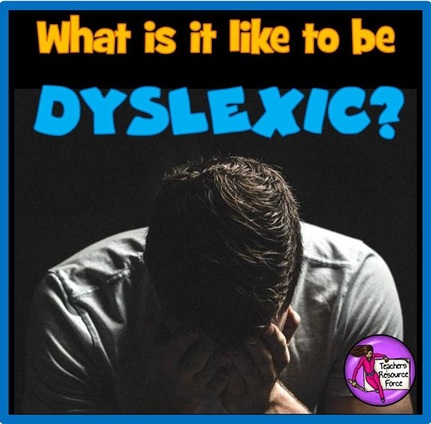



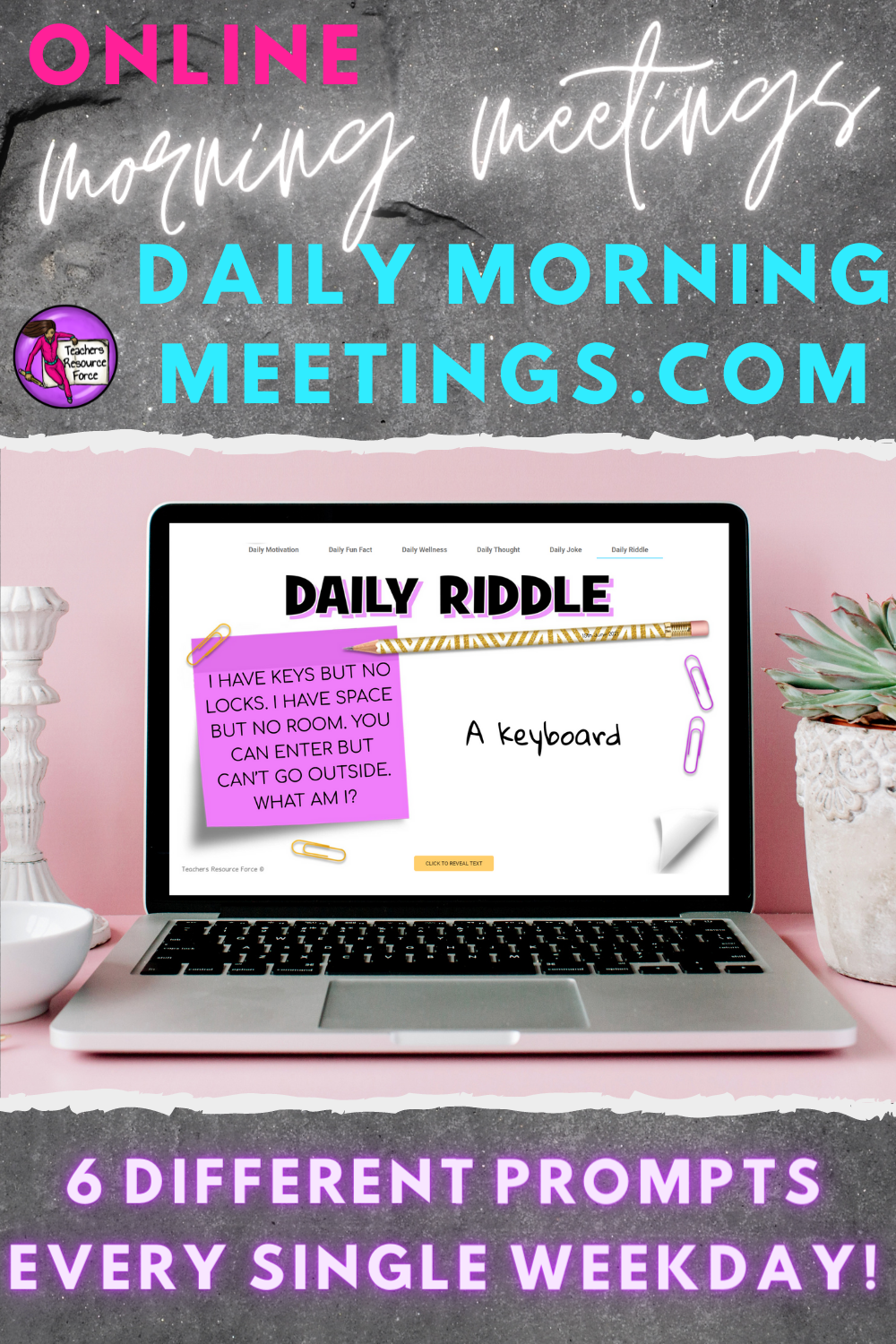

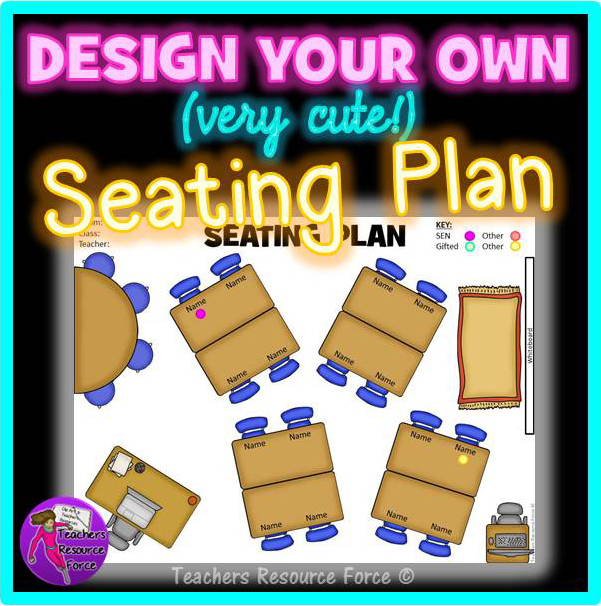
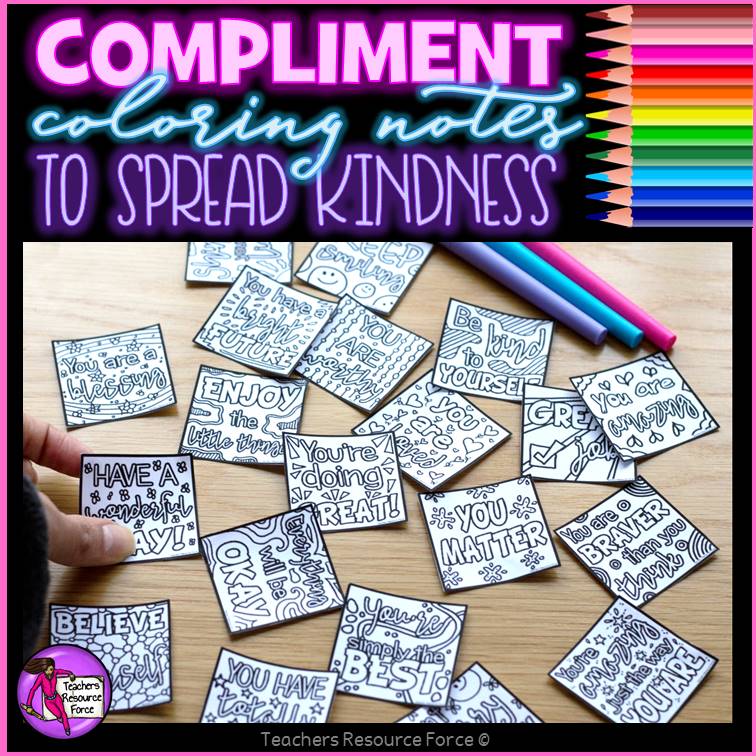
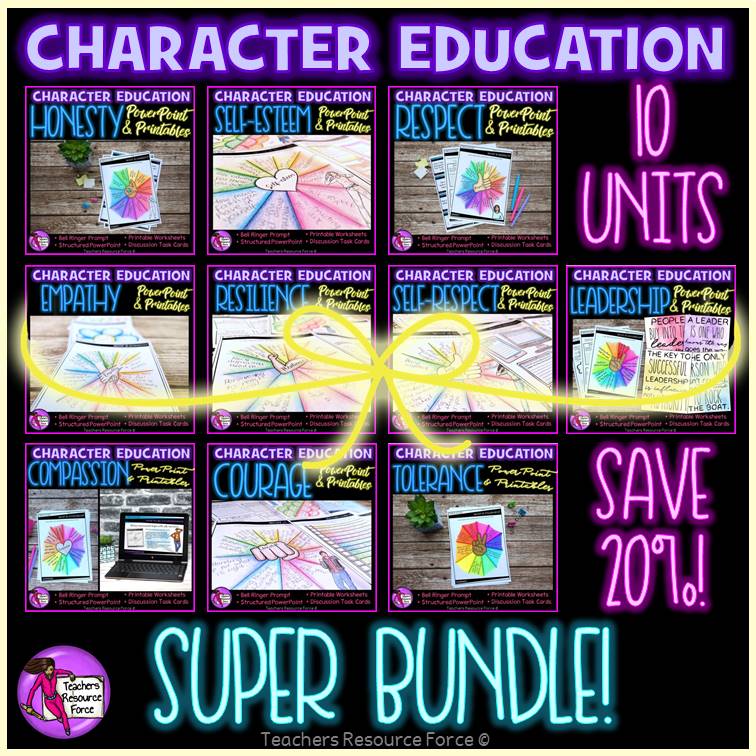
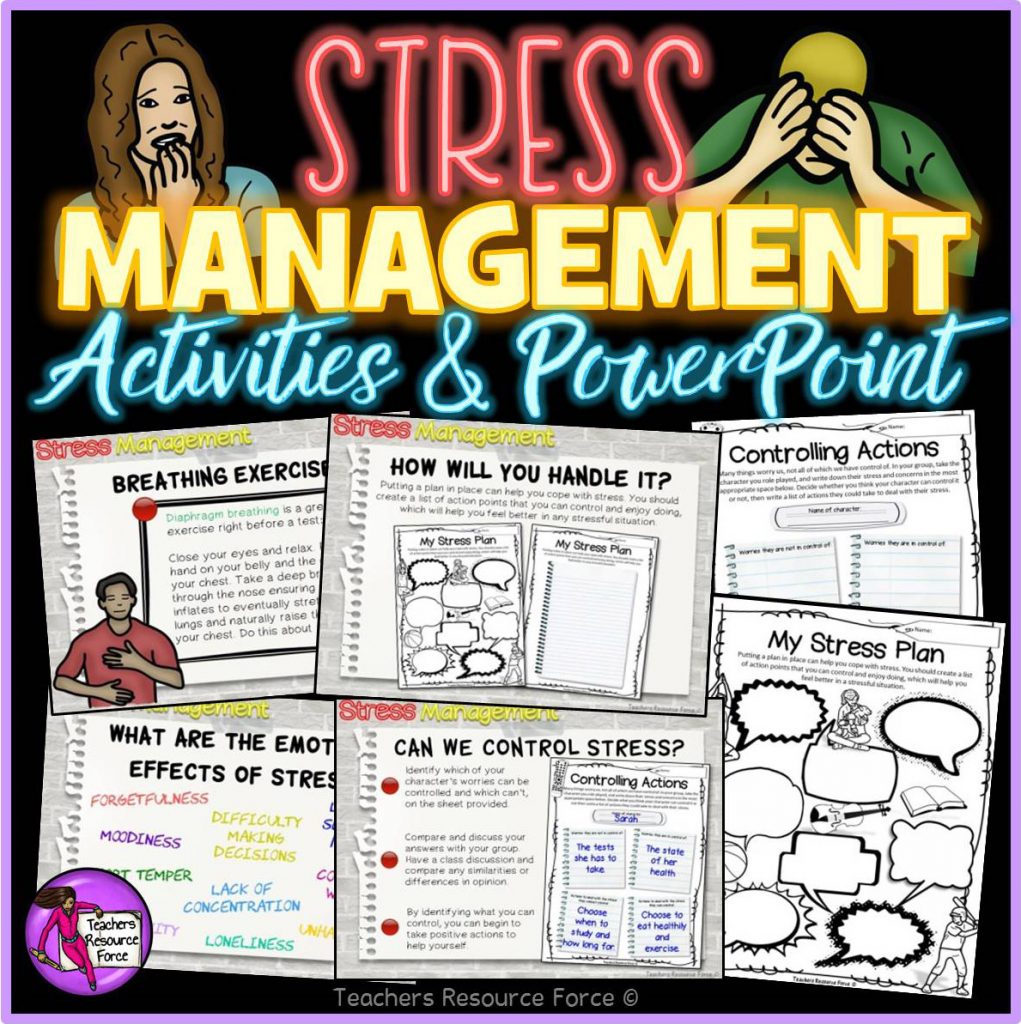
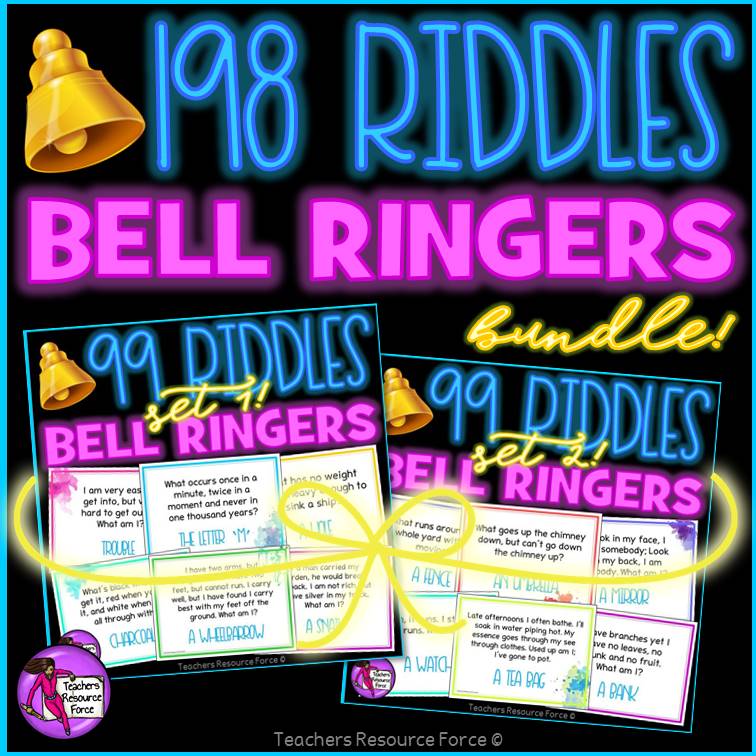
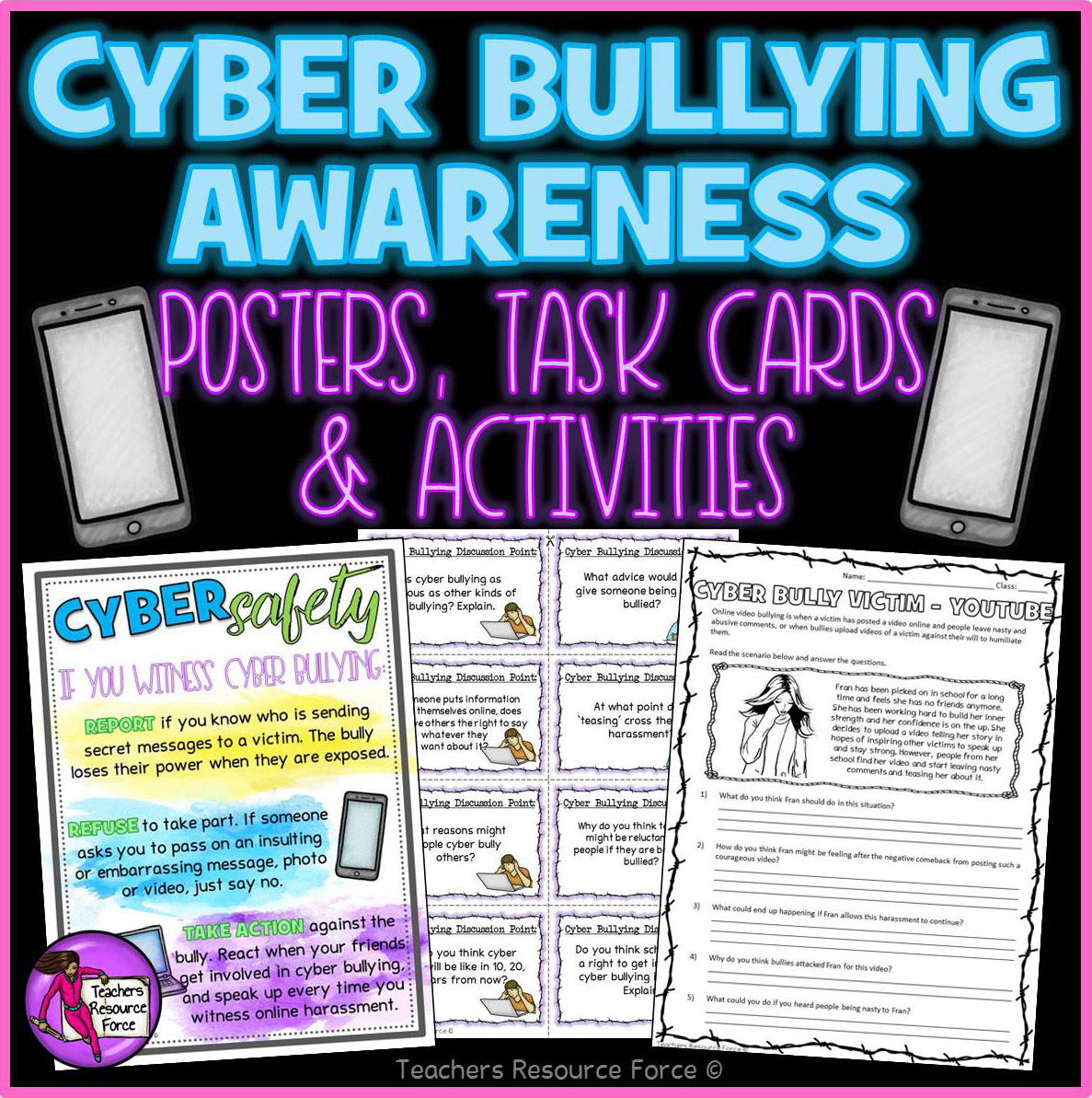





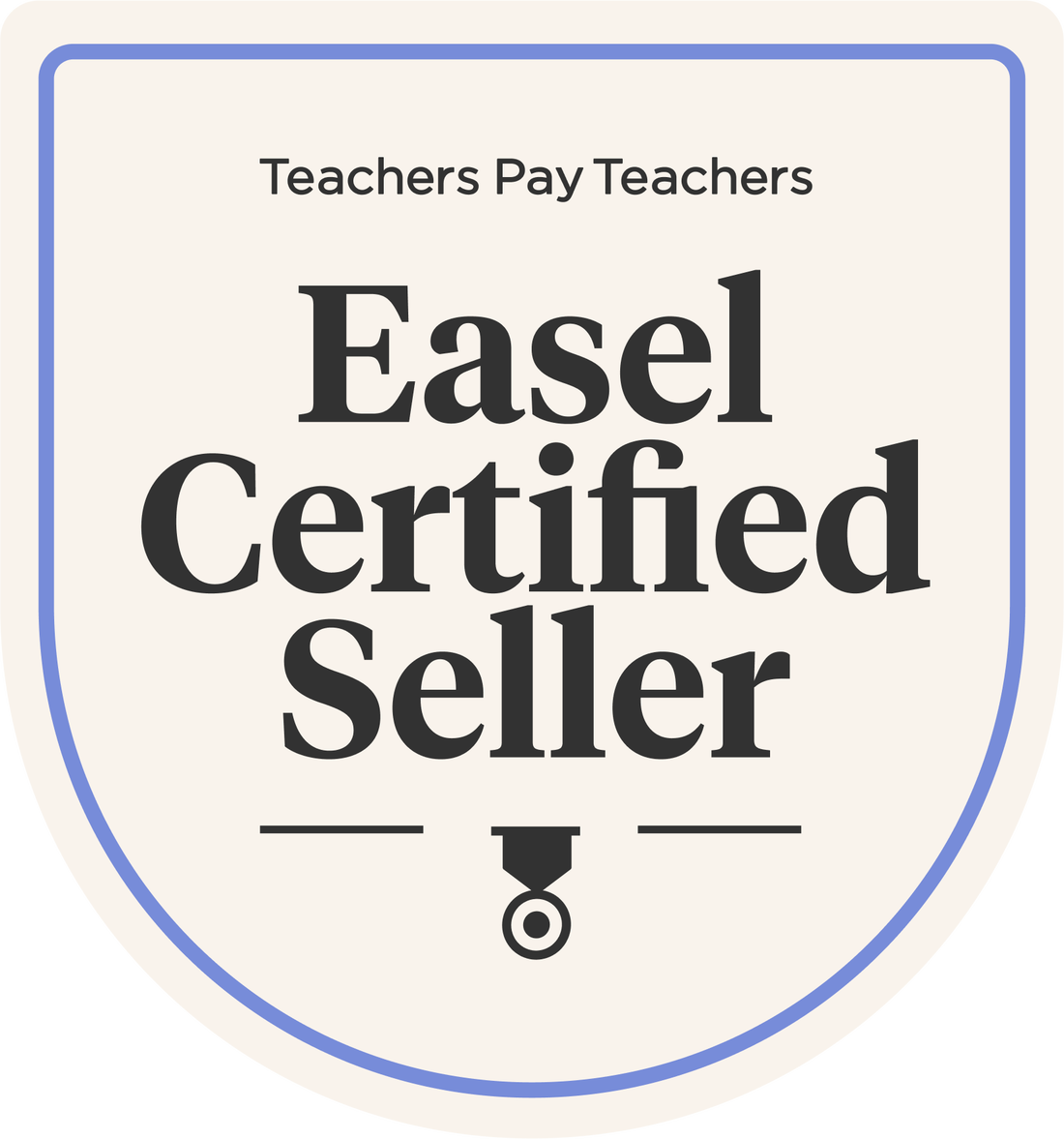

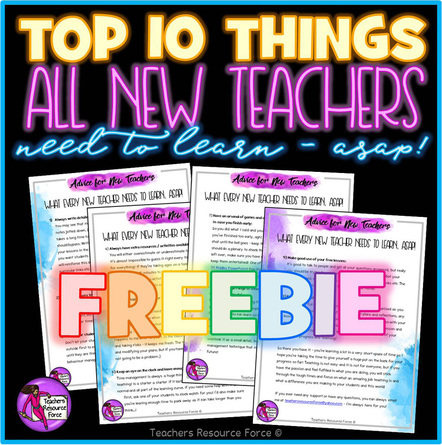
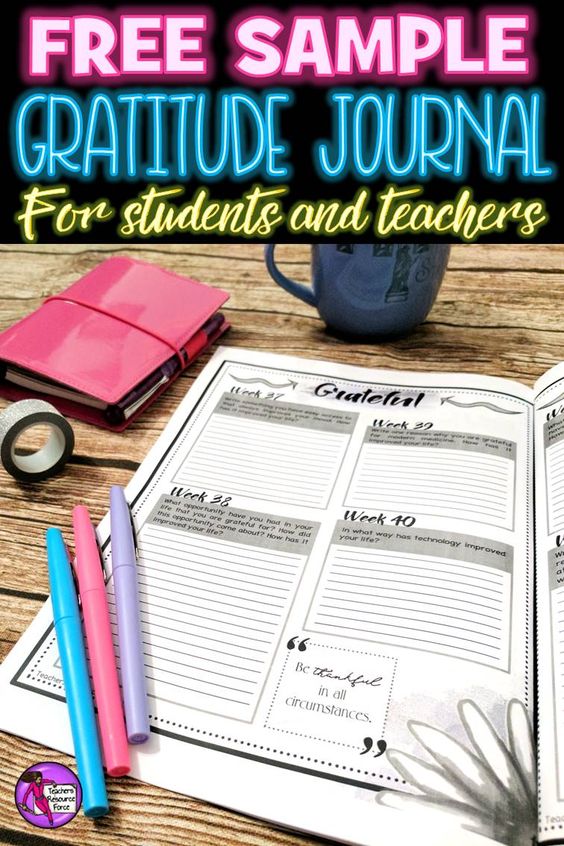
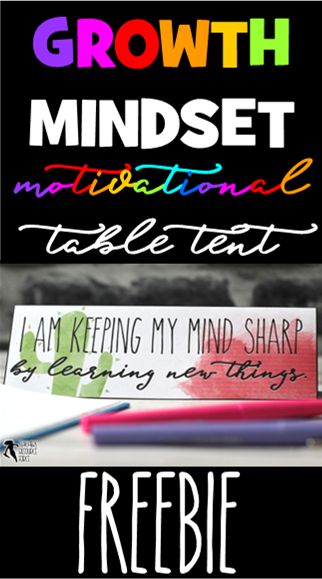

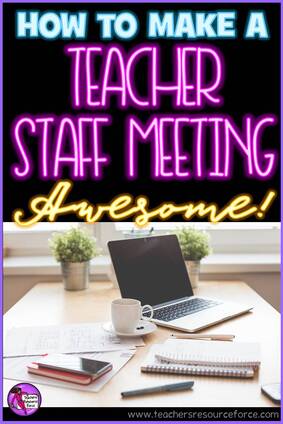
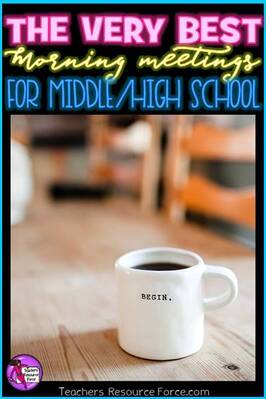
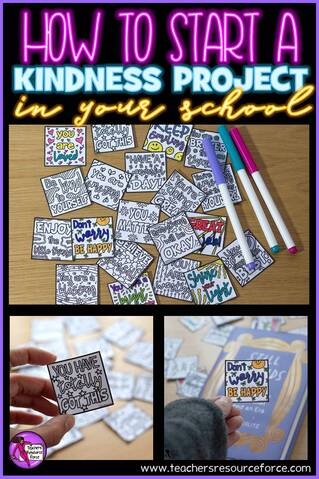

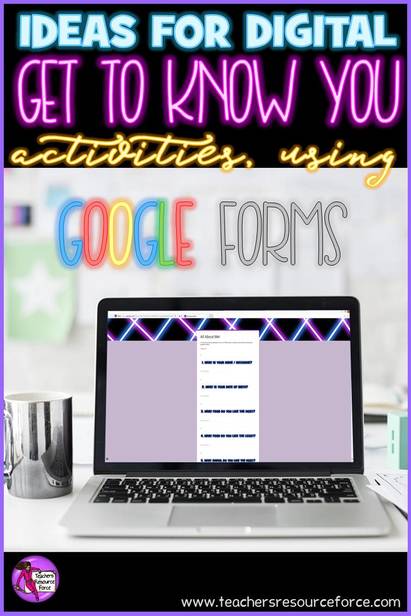
 RSS Feed
RSS Feed



